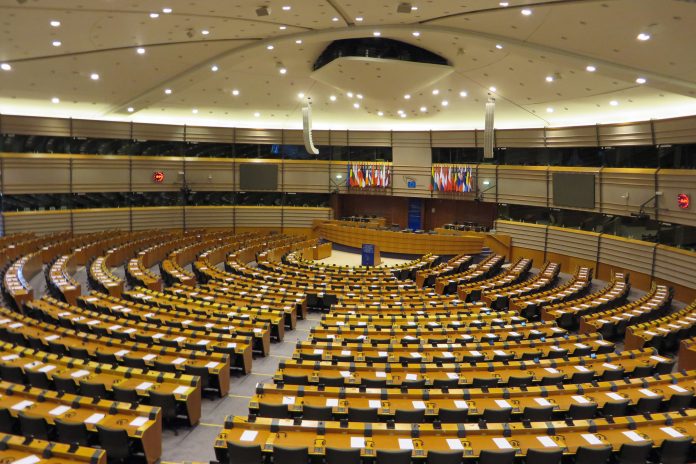In a report adopted on Thursday, MEPs propose measures to help promote the participation of women and girls in the science, technology, engineering and mathematics sectors (STEM).
In a non-legislative report adopted by 546 votes in favour, 35 against and 100 abstentions, MEPs urge member states to promote the participation of women and girls in STEM studies and careers in their national gender action plans. These plans should notably focus on eradicating gender stereotypes, on ensuring a better access to education and qualifications, a better work-life balance, non-discrimination in the labour market, on increasing the visibility of female role models, and should include mandatory pay transparency policies, say MEPs.
The role of education in closing the gender gap in STEM
MEPs stress that girls appear to lose interest in STEM subjects with age, which suggests that interventions are needed as early as pre-school and secondary school in order to sustain their interest in these fields and fight harmful stereotypes on gender roles. They urge the Commission and member states to create new channels to connect with girls and ensure that digital education reaches them all, and they call for the efficient use of EU funds and programmes (ESF+, Erasmus+, etc.) to actively encourage girls to undertake studies in ICT and STEM sectors. MEPs also urge member states to invest in developing the skills of primary and secondary STEM teachers to help them understand and address unconscious preconceptions in their teaching practices and to engage all learners equally.
Remove obstacles impairing women’s careers
Regretting that women face disproportionately more obstacles in their careers than men, due to the lack of a proper work-life balance and an increase in unpaid care work, MEPs urge members states to establish measures guaranteeing better maternity leave, longer paternity leave, and paid and non-transferable parental leave allowing women and men to take time off to care for their children. The Work-Life Balance Directive must be fully transposed and implemented by member states, they add. MEPs also regret that women are under-represented in leadership positions in STEM careers, and consider it is of the utmost importance to have more female role models in the sector. They reiterate their call to the Council and member states to adopt the proposed Women on Boards Directive and to establish targets for gender balance on decision-making bodies. Finally, they call on all relevant actors to address discrimination in their hiring practices and to introduce quotas to promote the inclusion of women in the STEM sector.
‘‘As an engineer, I was very disappointed to see that the number of women in STEM education remains almost the same as when I was studying. What worries me the most is that if we don´t turn around these numbers, women will not take part in the design of technologies that will shape our future. We must tackle the problem from its root causes and work on improving the system to make sure that those girls that show an interest in STEM do not give up. For that, we must address the gender stereotypes that are still present in our society and give visibility to the amazing role models that are making scientific breakthroughs. If the COVID-19 crisis has taught us something, it is the importance of science to overcome a global problem. Without science, we will not find and answer. And without women, the future will once again be shaped by men, for men’’, said rapporteur Susana Solís Pérez (Renew Europe, ES).
Women make up 57.7% of tertiary graduates in the EU but only account for 36% of STEM graduates and two out of five scientists and engineers. The gender gap is even larger in the ICT sector, where only 18% are women, and in the digital sector where there are more than three times more men than women.

